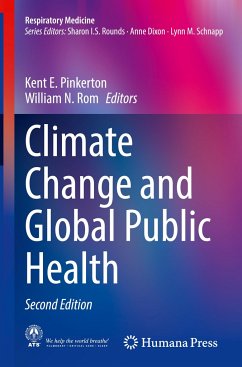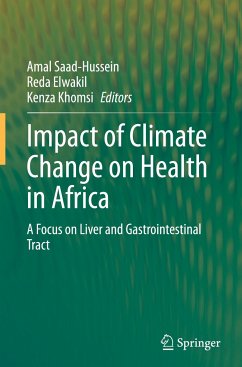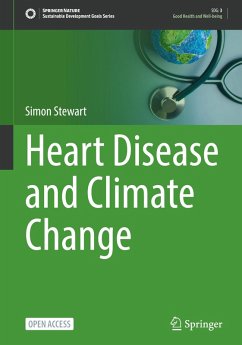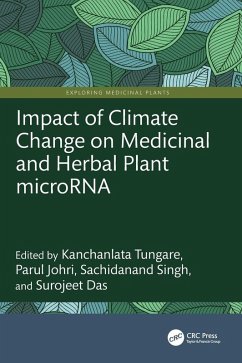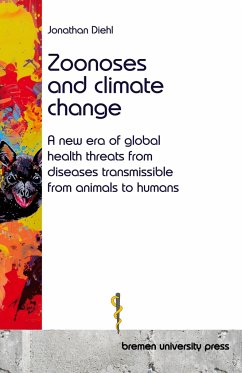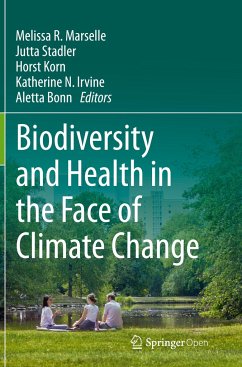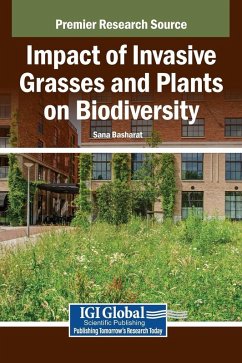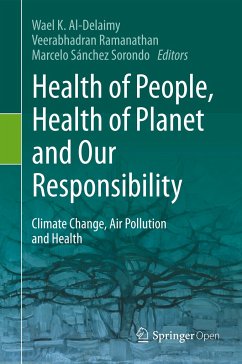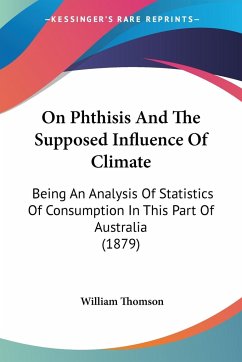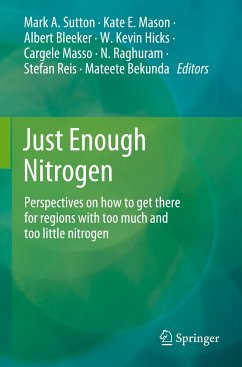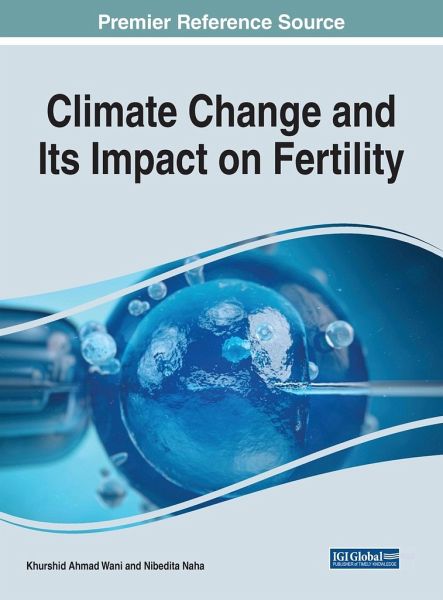
Climate Change and Its Impact on Fertility
Versandkostenfrei!
Versandfertig in 1-2 Wochen
300,99 €
inkl. MwSt.

PAYBACK Punkte
150 °P sammeln!
Climate change is the biggest threat to the fertility of mammals across the globe through its potential effects on heat stress, nutrition security, extreme weather events, vulnerable shelter, and population migration. Climatic variables, such as temperature and humidity, are common environmental stressors as well as nutritional stress, which reduces fertility. Besides climate and nutritional stressors, another major factor responsible for reduced fertility discovered within the past decade is the exposure to potential hazardous substances such as chemical, radiation, physical, biological, and ...
Climate change is the biggest threat to the fertility of mammals across the globe through its potential effects on heat stress, nutrition security, extreme weather events, vulnerable shelter, and population migration. Climatic variables, such as temperature and humidity, are common environmental stressors as well as nutritional stress, which reduces fertility. Besides climate and nutritional stressors, another major factor responsible for reduced fertility discovered within the past decade is the exposure to potential hazardous substances such as chemical, radiation, physical, biological, and occupational hazards. This exposure includes anything from heavy metals and gases to pathogens and toxins and any substance that interferes with natural biological functions of the exposed workers, pregnant and breast-feeding workers, and young working population. There also must be research focused on developmental hazards that alter the structure and function of the developing embryo as well. The different climatic factors in the era of climate change need to be explored to discuss the impacts on fertility. Climate Change and Its Impact on Fertility highlights the issues and concerns that address the latest impact of climate change and mitigation strategies for enhancing early embryo survival and uterine potential. This book covers the effects of climate change on both the biological parents and the embryo by discussing the negative impacts, providing an overview of the variety of climate changes currently affecting fertility, and exploring possible solutions. This book is ideally intended for medical scientists and doctors, reproductive biologists, experimental toxicologists, mammalian cell biologists, clinicians, embryologists, health and safety agencies/regulatory authorities, public health officials, and policymakers along with practitioners, stakeholders, researchers, academicians, and students interested in climate change and its link to embryo growth, developmental risk, implantation failure, and fertility.



